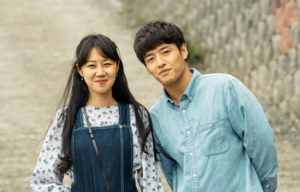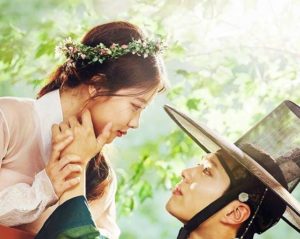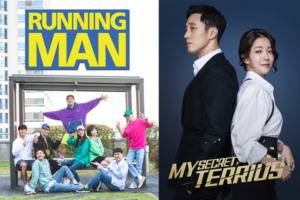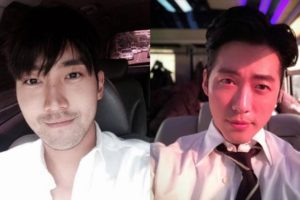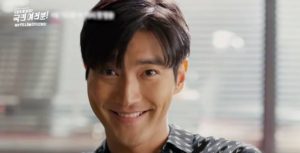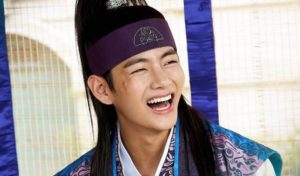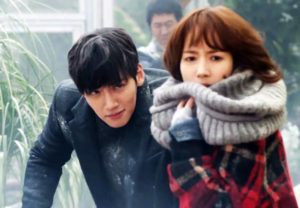“The Law Cafe” (법대로 사랑하라)
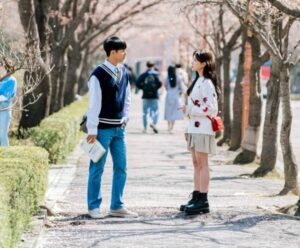
“The Law Cafe” is a cute K-drama centering on a couple that has always been in love with each other, but doesn’t realize it. Or, rather, is unwilling to acknowledge it. Jeong-ho is a former prosecutor who quit his job after a scandal was covered up. Yu-ri is his fearless childhood friend — also an attorney — whose passion lies in helping powerless people get justice.

